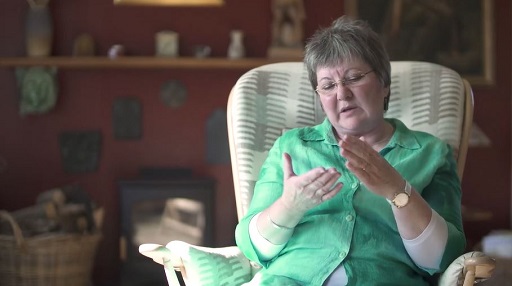1.1 Having confidence in your knowledge and abilities
Being confident in knowing when and how to support children you are working with requires you to understand and appreciate their likes and dislikes, and their strengths and daily challenges. It’s important to appreciate unique qualities like temperament to know how best to respond.
Being best equipped to support children involves you thinking about the way you work and the environment around the child. You may have to challenge previously held assumptions and spend time getting to know each child to help inform the support you provide.
A common misconception is that further external resources are always needed to identify requirements for additional support. You may need advice from other professionals and specific equipment, but in many cases where children need additional support you will already have the knowledge and resources.
The video below illustrates this point.
Elizabeth Henderson – ‘You are the most powerful tool in the toolbox’
Dr Elizabeth Henderson is an early years specialist currently working in a Scottish Local Authority. Watch the following short clip where she talks about the importance of practitioners in supporting children.

Discussion
In this video clip Elizabeth talks about having a ‘toolbox’, meaning there are several tools you need to be able to support children with additional needs. She talks about the ‘tools’ of
Elizabeth also talks about the importance of keeping a reflective journal to help with developing your knowledge. There is a reflection table included at the end of each week’s session (and in your learner journal) for you to use .
In Section 1.3 of this session you’ll identify your own strengths in relation to how well you think you can assess the needs of the children in your setting. However, much of what you already do in your practice will help you do this: for example, observing children will help you to identify their needs. When you build up a picture of their needs you can plan appropriate activities for them. All children require support at different times, but this may need to be provided for some children more consistently. Children who have these requirements are often viewed as having ASN.
The next section looks at some of the language associated with
Introduction
